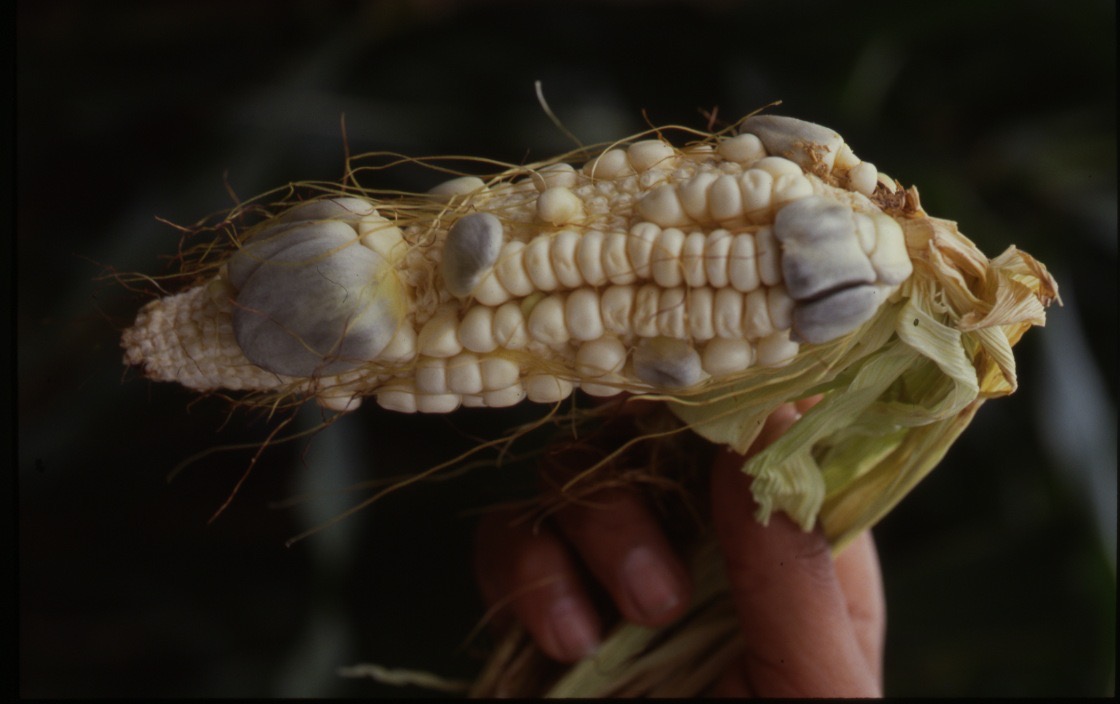
Local knowledge and the tree of science
Here are three stories that need to be analysed together:
When I was living in El Salvador, in the nineties, a colleague had a motorbike accident. He had deep abrasions on his shoulder. Being a man from the countryside and with a good knowledge of plants, he applied infusions of chichipince, a local bush. In three days the healing was amazing.
About ten years ago I visited a project in Colombia in which the NGO was supporting Colombian peasant farmers to improve their agricultural practices. One of them showed me her method of combating pests, which consisted of placing a bottle of water under a blue glass one day, a green glass the next and a red glass the next, and then fumigating the plants with the resulting elixir. Her plants were healthy.
In Peru, on visits to projects in the highlands, I saw how chewing coca, a sacred plant, gave the indigenous population the strength to work exhausting hours or to walk to distant markets carrying loads, while the poor gringos who didn’t know how to chew it (me) suffered from altitude sickness at three thousand metres above sea level.
What the three stories have in common is that they talk about indigenous, local or traditional knowledge, which are not the same thing, but they share similarities. A United Nations document describes them as follows:
Indigenous knowledge is associated with an ethnic group or culture, with communities that live in an intimate relationship with nature, and with a basis of often sacred beliefs.
Local knowledge is somewhat more unspecific, but it is usually associated with the adaptation of communities to their environment, and includes knowledge about soils, plants, climates and animals.
Traditional knowledge describes knowledge that is transmitted from generation to generation, without necessarily being linked to an ethnic group, culture or place.
They all have in common a community basis, inherited knowledge, mainly through oral transmission, and the association with spiritual or sacred beliefs in some cases.
I wouldn’t know how to classify the experiences I’m about to tell you about because they share elements of all three.
I could say, in accordance with modern science, that no conclusions can be drawn about the cause-effect relationship of the first two experiences I saw. Because what they have in common is that they are both based on anecdotes, from which no conclusions can be drawn. It can be done with the third, because the properties of coca have been studied in depth.
There is much talk about the need to value local knowledge. Its contributions to global knowledge are undeniable and essential. But all too often local knowledge, based on experience and tradition, is pitted against scientific knowledge, which includes experimentation under controlled methods.
Pitting them against each other has its risks, as does putting one on top of the other. But, just as scientific knowledge comes with the methodical verification of results, the same is not true of local knowledge.
It was traditional knowledge that provided a cure for malaria based on a Chinese plant, but so too is Chinese medicine that is leading to the extinction of the pangolin, the tiger and the rhinoceros because of the belief that their scales, fat or horns have medicinal virtues, as yet unproven. Other customs with even more harmful effects than preparing medicines based on animals at risk of extinction are also traditional knowledge: there are regions in Nigeria where the birth of twins is considered a curse. Albinos suffer even more discrimination.
The conclusion of all this is that a tool is needed to differentiate which local, traditional or indigenous knowledge is beneficial and which is harmful. Demonstrating the reliability of this ancestral knowledge through anecdotes is not correct. We have nothing better than science to make this distinction.
However, validation by science has its risks: biopiracy is the appropriation of indigenous knowledge without their consent or fair compensation. Validation implies knowing and applying the United Nations conventions and monitoring their non-compliance.
Once the requirements are met, scientific validation should be a given. But, given the attack that Trump’s reactionary forces are subjecting science to, one would expect progressive forces to embrace it more enthusiastically. Unfortunately, this is only the case in one sector of progressivism, while the other is distrustful of any scientific affirmation that contradicts its principles and beliefs.
This mistrust is normal, because science is not perfect. There are conflicts of interest that have promoted harmful drugs in exchange for profit. There is bad science, with falsified data, the product of laziness, the desire for easy notoriety or bad faith. All of this exists. But, for the moment, science is still the one with the best methods for discerning truth from falsehood, including the ability to detect its own frauds.
What a large part of the cooperation sector should accept is a possibility that I read years ago by a Bolivian author, but I’ve lost the reference: it is possible to be indigenous and modern. Or what the other Olúfémi Táíwò describes as a necessity in a book that I highly recommend: Africa must be modern: A manifesto.
Rejecting the benefits that science brings or pitting it against indigenous knowledge, instead of using it to discern the truth from the falsehood that the latter contributes, jeopardises the benefits of modernity. The same modernity that eradicates diseases, reduces infant mortality and improves state efficiency through evidence-based policies. Meanwhile, its detractors fly in aeroplanes designed by modern technology and allow themselves to be anaesthetised without qualms in surgical operations, which is nothing if not a contradiction.
Discernment is, in short, what we need. It is what the serpent offered Eve if she ate from the tree of knowledge, that it would allow us to distinguish good from evil. The promise could not be more tempting: we would be like gods.

Post a comment